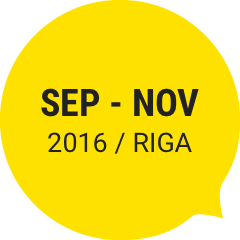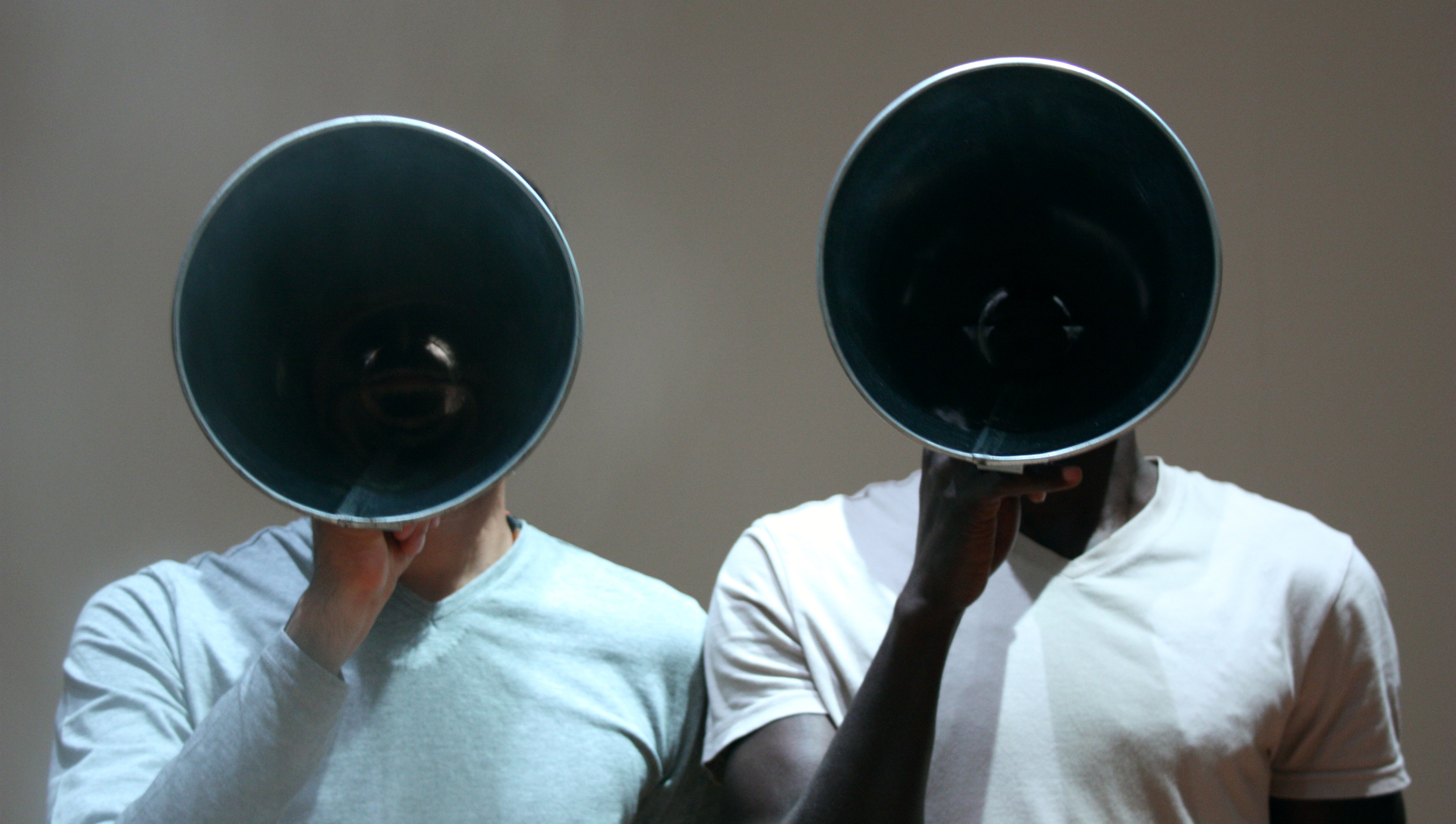
Approaching this year's festival, I had in mind two ideas by two exceptional people. The quantum physicist David Bohm once said we never think alone. Thinking takes place among people, while the skill to perceive and think differently is much more important than using once acquired knowledge. Meanwhile, Edouard Glissant, a Martinican writer, had this theory about thinking as an archipelago rather than a continent. Continents are expansive and lonesome, while an archipelago encompasses a large number of minute pieces which are mutually connected, and this connection is absolutely essential.
How does one make a conversation? How does one begin to talk about this complex time and the tormented world? How does one begin to see a bigger picture and oneself a part of it, equal to a grain of rice? How does one spend an hour with strangers, in darkness, breathing the same air, without feeling scared? What shall we do with the distance created by politics, space, and time? We are inviting you to join us in the theatre - a place where people meet to begin a conversation; where audience is not a group of individuals but a circle of relationships. We are looking for collaboration and mutual awareness where others see distances and barriers. Therefore, the festival's programme almost completely is given away to the viewer, because you will be the ones to fill it with content, energy, ideas, and action.
The story of this year's Homo Novus began in September with collective rehearsal of powerlessness in "The Extra People", by Ant Hampton; it will conclude at midnight on the 12th of November in "Tonight, lights out!", by David Weber-Krebs, with a moment when one begins to believe that by jointly carrying out a simple task you can truly change something.
Gundega Laiviņa, festival director


